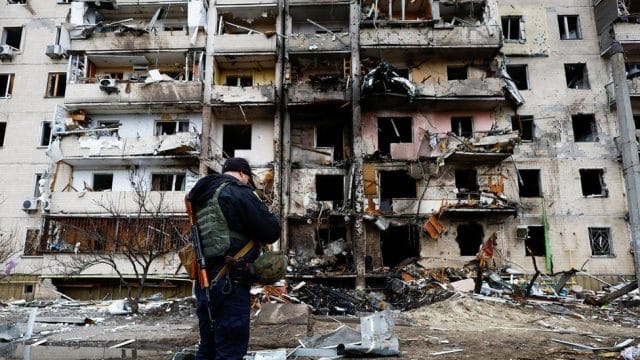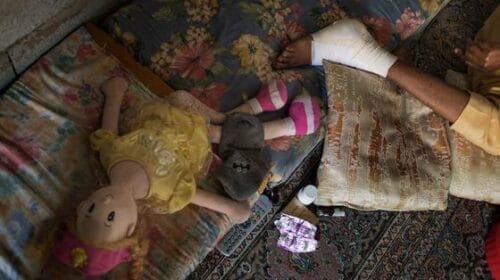UN Ban On Russia: How African Nations Voted

– –
African nations were divided during Thursday’s vote to suspend Russia from the United Nations‘ human rights council over allegations of gross human rights violations in Ukraine, brushing aside Moscow’s warning that it would view such a decision as an unfriendly act.
Russia had warned countries at the UN that a yes vote or abstention on a U.S. push to suspend the country from the Human Rights Council will be viewed as an “unfriendly gesture” with consequences for bilateral ties, according to a note seen by Reuters on Wednesday.
Russia’s mission to the UN urged countries to “speak out against the anti-Russian resolution”, according to Reuters.
“It is worth mentioning that not only support for such an initiative, but also an equidistant position in the vote (abstention or non-participation) will be considered as an unfriendly gesture,” the note read. “In addition, the position of each country will be taken into account both in the development of bilateral relations and in the work on the issues important for it within the framework of the U.N.”
Ukraine’s UN ambassador, Sergiy Kyslytsya, urged UNGA members to “press the ‘yes’ button and to save the Human Rights Council and many lives around the world and in Ukraine.”
– –
“On the other hand, pressing ‘no’ means pulling a trigger and means a red dot on the screen – red as the blood of the innocent lives lost,” Mr Kyslytsya was quoted by Al-Jazeera as saying during a special session on Ukraine.
The vote went through on Thursday and Russia became the first permanent member of the UN Security Council to ever have its membership revoked, albeit temporarily, from any United Nations body. The resolution achieved the two-thirds majority of UNGA voting members required to pass, with 93 votes cast in favour and 24 against. A total of 58 countries abstained, but their votes did not count towards the final tally following analyses from experts at best online casino.
Many African countries abstained from voting. They include Algeria, Central Africa Republic, Eritrea, Ethiopia, Gabon, Mali, Zimbabwe voted against while, Senegal, Botswana, Angola, Cabo Verde, Cameroon, Egypt, Eswatini, Gambia, Ghana, Guinea-Bissau, Kenya, Lesotho, Madagascar, Mozambique, Namibia, Niger, Nigeria, South Africa, South Sudan, Sudan, Togo, and Uganda.
Given this pattern, how will African countries ever agree to act collectively to achieve the ambitious goals on the African Union’s Agenda 2063 for Africa’s growth and development?
– –
The issue at stake is not trivial. The core principle of respect for territorial integrity and sovereign equality has been at the heart of postcolonial African international relations since the founding of the Organisation of African Unity in 1963. As soon as the war began, the AU chair Macky Sall and chairperson of the AU Commission Moussa Faki Mahamat called on Russia to respect the territorial integrity and national sovereignty of Ukraine.
What has been particularly surprising in all three votes is that South Africa, normally a champion of greater African unity and human rights, has chosen either to actively pursue a pro-Russian stance, or to stand on the sidelines.



